Home>Renovation & DIY>Home Renovation Guides>Home Improvement Contractor License: What You Can Do
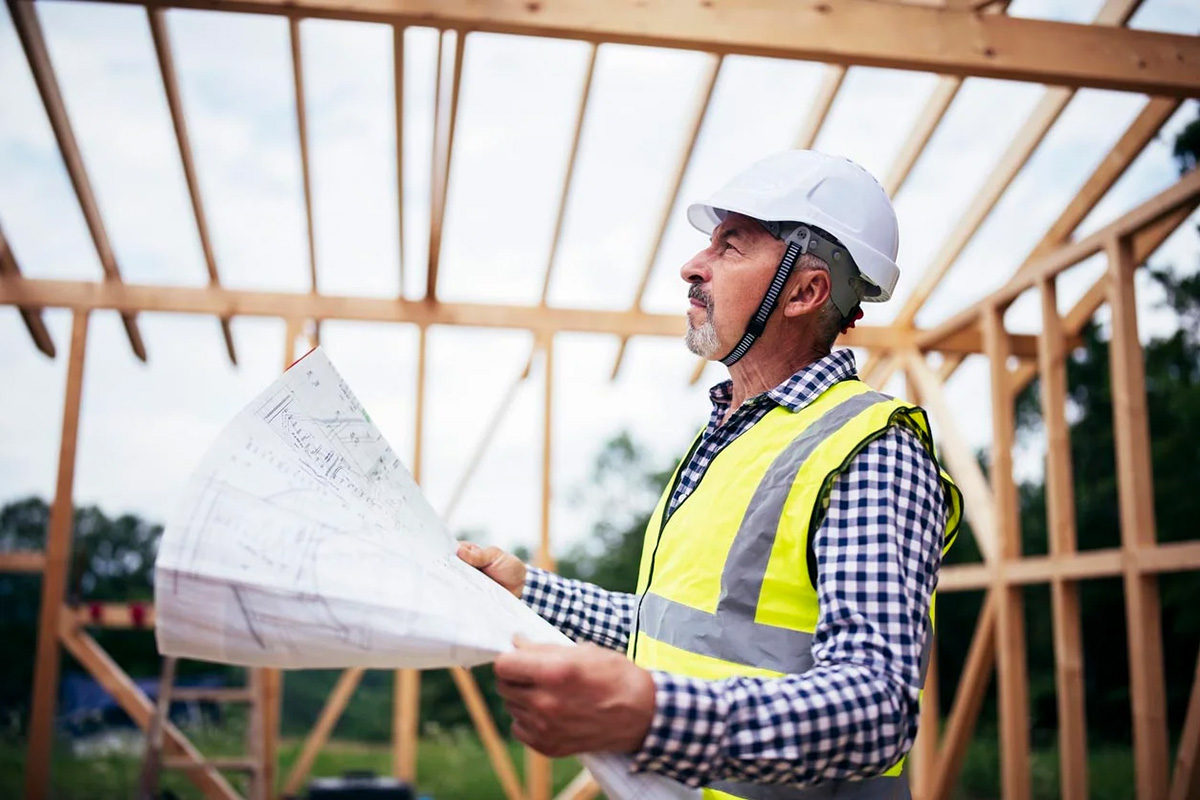

Home Renovation Guides
Home Improvement Contractor License: What You Can Do
Modified: January 3, 2024
Looking to take on home improvement projects? Learn about the benefits of obtaining a home improvement contractor license and what it allows you to do. Get expert guidance and tips for your home renovation projects.
(Many of the links in this article redirect to a specific reviewed product. Your purchase of these products through affiliate links helps to generate commission for Storables.com, at no extra cost. Learn more)
**
Introduction
**
Embarking on home improvement projects can be an exciting endeavor, whether you're enhancing the functionality, aesthetics, or value of your property. However, to ensure that these projects are carried out professionally and in compliance with regulations, it's crucial to understand the significance of a home improvement contractor license. This license not only serves as a testament to a contractor's expertise and adherence to industry standards but also provides homeowners with the assurance of quality workmanship.
When considering renovations, repairs, or remodeling, it's essential to recognize the impact of hiring a licensed contractor. This article delves into the intricacies of a home improvement contractor license, outlining what it entails, the privileges it offers, and the process of obtaining one. By gaining insight into these aspects, homeowners can make informed decisions and foster successful collaborations with licensed professionals, ultimately leading to the fulfillment of their home improvement aspirations.
**
Key Takeaways:
- Contractors with a home improvement license can do a wide range of projects, from remodeling to roofing repairs, ensuring homeowners get quality work and peace of mind.
- Getting a home improvement license involves proving skills, passing exams, and staying updated, benefiting both contractors and homeowners with trust and professional services.
Read more: How Do You Get A Home Improvement License
Understanding Home Improvement Contractor License
**
Before delving into the specifics of what a home improvement contractor license enables individuals to do, it’s crucial to grasp the essence of this credential. Essentially, a home improvement contractor license is a permit that grants individuals the legal authority to undertake various renovation, repair, and remodeling projects within residential properties. This license serves as an assurance of the contractor’s credibility, expertise, and compliance with industry regulations, thereby instilling confidence in homeowners seeking professional assistance for their home improvement endeavors.
Obtaining a home improvement contractor license involves meeting certain criteria, which typically include demonstrating proficiency in relevant skills, possessing a sound understanding of building codes and regulations, and showcasing a commitment to upholding ethical and professional standards. By adhering to these prerequisites, contractors can establish themselves as reputable professionals capable of delivering high-quality services while prioritizing the safety and satisfaction of their clients.
Moreover, understanding the nuances of a home improvement contractor license entails recognizing the scope of work it encompasses. This license enables contractors to engage in a diverse range of projects, such as kitchen and bathroom renovations, flooring installations, roofing repairs, and structural modifications, among others. By comprehending the breadth of activities permissible under this license, homeowners can effectively assess a contractor’s capabilities and align them with their specific home improvement requirements.
Ultimately, the significance of understanding a home improvement contractor license lies in its role as a testament to a contractor’s expertise and commitment to professional integrity. By recognizing the value of this credential, homeowners can make informed decisions when seeking assistance for their home improvement projects, thereby fostering mutually beneficial partnerships with licensed professionals.
**
What Can You Do with a Home Improvement Contractor License
**
Acquiring a home improvement contractor license empowers individuals to undertake a myriad of projects aimed at enhancing and revitalizing residential properties. With this license, contractors gain the legal authorization to engage in a diverse range of renovation, repair, and remodeling activities, thereby offering valuable services to homeowners seeking to elevate the functionality, aesthetics, and value of their homes.
One of the primary privileges associated with a home improvement contractor license is the ability to oversee comprehensive remodeling projects. This encompasses tasks such as structural modifications, room additions, and layout alterations, enabling licensed contractors to orchestrate transformative changes within residential spaces. Additionally, possessing this license allows contractors to undertake extensive renovations, including kitchen and bathroom overhauls, which are instrumental in modernizing and revitalizing key areas of a home.
Furthermore, a home improvement contractor license facilitates the execution of specialized installations, such as flooring, cabinetry, and fixtures. Contractors with this credential can proficiently handle these tasks, ensuring that they are carried out with precision and in accordance with industry standards. Additionally, the license enables professionals to conduct roofing repairs and replacements, addressing crucial components of a home’s structure and safeguarding it against environmental elements.
Moreover, the scope of activities permitted by a home improvement contractor license extends to exterior enhancements, encompassing landscaping, fencing, and deck construction. This enables licensed contractors to contribute to the creation of inviting outdoor spaces that complement the overall appeal and functionality of a residential property.
Ultimately, a home improvement contractor license empowers individuals to undertake a wide array of projects that are essential to the upkeep, enhancement, and personalization of residential properties. By leveraging this credential, licensed contractors can cater to the diverse needs and aspirations of homeowners, playing a pivotal role in bringing their home improvement visions to fruition.
**
Before hiring a home improvement contractor, always check if they have a valid license. This ensures they have the necessary skills and knowledge to complete the job safely and effectively.
Benefits of Obtaining a Home Improvement Contractor License
**
Obtaining a home improvement contractor license offers a multitude of advantages, both for contractors and the homeowners seeking their services. This credential serves as a hallmark of professionalism, expertise, and adherence to industry standards, thereby fostering trust and confidence in the quality of workmanship provided. By delving into the benefits of acquiring this license, it becomes evident how it elevates the overall home improvement experience for all parties involved.
Foremost, a home improvement contractor license signifies competence and proficiency in the realm of residential renovations and repairs. It demonstrates that the licensed contractor has undergone the necessary training, possesses the essential skills, and is well-versed in building codes and regulations, ensuring that the projects are executed with precision and in compliance with industry standards. This proficiency translates to the delivery of high-quality work, thereby enhancing the overall satisfaction of homeowners and contributing to the longevity and functionality of their properties.
Moreover, a home improvement contractor license instills a sense of assurance and peace of mind in homeowners seeking professional assistance for their home improvement projects. It signifies that the contractor is committed to ethical and professional conduct, thereby mitigating concerns related to substandard work, project delays, or contractual disputes. This fosters a harmonious and transparent working relationship, wherein homeowners can entrust their home improvement aspirations to a licensed professional with confidence.
Additionally, possessing a home improvement contractor license expands the professional opportunities available to contractors, enabling them to undertake a diverse range of projects and cater to the unique needs and preferences of homeowners. This not only broadens their scope of expertise but also enhances their credibility and marketability within the industry, ultimately contributing to the growth and sustainability of their businesses.
Furthermore, a home improvement contractor license serves as a safeguard for homeowners, as it often encompasses liability insurance and bonding requirements. This provides financial protection and recourse in the event of unforeseen circumstances or issues arising during the course of a project, offering a layer of security and reassurance for both parties involved.
In essence, the benefits of obtaining a home improvement contractor license extend beyond professional credentials, encompassing enhanced trust, expanded opportunities, and heightened protection for both contractors and homeowners. By recognizing and valuing the significance of this license, individuals can foster a culture of excellence and integrity within the realm of home improvement, ultimately elevating the industry as a whole.
**
How to Obtain a Home Improvement Contractor License
**
Obtaining a home improvement contractor license entails a series of steps aimed at assessing an individual’s qualifications, expertise, and commitment to upholding professional standards. While the specific requirements may vary based on location, the general process typically involves the following key components:
Research and Familiarization: Before embarking on the journey to obtain a home improvement contractor license, it's essential to research the licensing requirements specific to the relevant jurisdiction. This involves familiarizing oneself with the prerequisites, documentation, and examinations mandated by local regulatory bodies, thereby laying the groundwork for a comprehensive understanding of the licensing process.
Skills and Experience Evaluation: Many licensing authorities necessitate a demonstration of proficiency and experience in the field of home improvement. This often involves showcasing a certain number of years working in the industry, alongside evidence of completed projects and acquired skills. Additionally, some jurisdictions may require individuals to pass a competency evaluation or provide references attesting to their expertise.
Educational Requirements: In some instances, aspiring licensees may be required to complete educational courses or training programs pertinent to home improvement practices, building codes, and safety regulations. These educational components serve to enhance the professional knowledge and aptitude of individuals seeking licensure, ensuring that they are well-equipped to undertake residential projects competently and responsibly.
Licensing Examinations: A pivotal aspect of obtaining a home improvement contractor license involves the successful completion of licensing examinations. These assessments evaluate an individual's understanding of construction practices, building codes, safety protocols, and business ethics, thereby affirming their readiness to operate as licensed contractors. Preparing diligently for these examinations is paramount, as they serve as a testament to an individual's commitment to professional excellence.
Application and Documentation: Once the requisite qualifications and preparations are in place, the next step involves submitting a comprehensive application for a home improvement contractor license. This typically entails providing documentation such as proof of insurance, bonding, relevant certifications, and any additional requirements stipulated by the licensing authority. Attention to detail and thoroughness in compiling the necessary documentation are crucial to expedite the licensing process.
Continuing Education and Renewal: Upon obtaining a home improvement contractor license, individuals are often required to engage in continuing education to stay abreast of industry developments, regulatory changes, and best practices. Additionally, license renewal processes necessitate adherence to renewal timelines and fulfillment of any ongoing requirements, ensuring the maintenance of licensure and the perpetuation of professional growth.
By navigating these steps diligently and conscientiously, individuals can embark on the path toward obtaining a home improvement contractor license, thereby solidifying their professional standing and capacity to deliver exemplary services within the realm of residential renovations and repairs.
**
Conclusion
**
The realm of home improvement is enriched by the presence of licensed contractors who possess the expertise, integrity, and dedication necessary to bring homeowners’ visions to life. A home improvement contractor license serves as a testament to the professional competence and ethical conduct of these individuals, fostering trust, confidence, and assurance in the quality of workmanship provided. By understanding the significance of this credential and the process of obtaining it, both contractors and homeowners can navigate the landscape of residential renovations and repairs with clarity and purpose.
For contractors, the acquisition of a home improvement contractor license opens doors to a myriad of professional opportunities, enabling them to showcase their proficiency and undertake diverse projects that contribute to the enhancement and transformation of residential properties. This credential not only signifies expertise but also underscores a commitment to upholding industry standards, thereby elevating the overall quality and professionalism within the realm of home improvement.
Conversely, homeowners stand to benefit significantly from engaging licensed contractors, as they can rest assured that their home improvement projects are in capable and trustworthy hands. The assurance of a licensed professional’s proficiency, ethical conduct, and accountability serves as a cornerstone for a harmonious and successful collaboration, ultimately leading to the realization of the homeowners’ aspirations for their residential spaces.
In essence, the journey toward obtaining a home improvement contractor license embodies a commitment to excellence, professionalism, and continuous growth within the realm of residential renovations and repairs. By recognizing the value of this credential and the opportunities it affords, individuals can contribute to the cultivation of a home improvement landscape characterized by integrity, innovation, and the fulfillment of homeowners’ dreams.
As homeowners embark on their home improvement endeavors and contractors strive to provide exemplary services, the presence of a home improvement contractor license serves as a beacon of trust, competence, and dedication, illuminating the path toward transformative and gratifying residential transformations.
Frequently Asked Questions about Home Improvement Contractor License: What You Can Do
Was this page helpful?
At Storables.com, we guarantee accurate and reliable information. Our content, validated by Expert Board Contributors, is crafted following stringent Editorial Policies. We're committed to providing you with well-researched, expert-backed insights for all your informational needs.
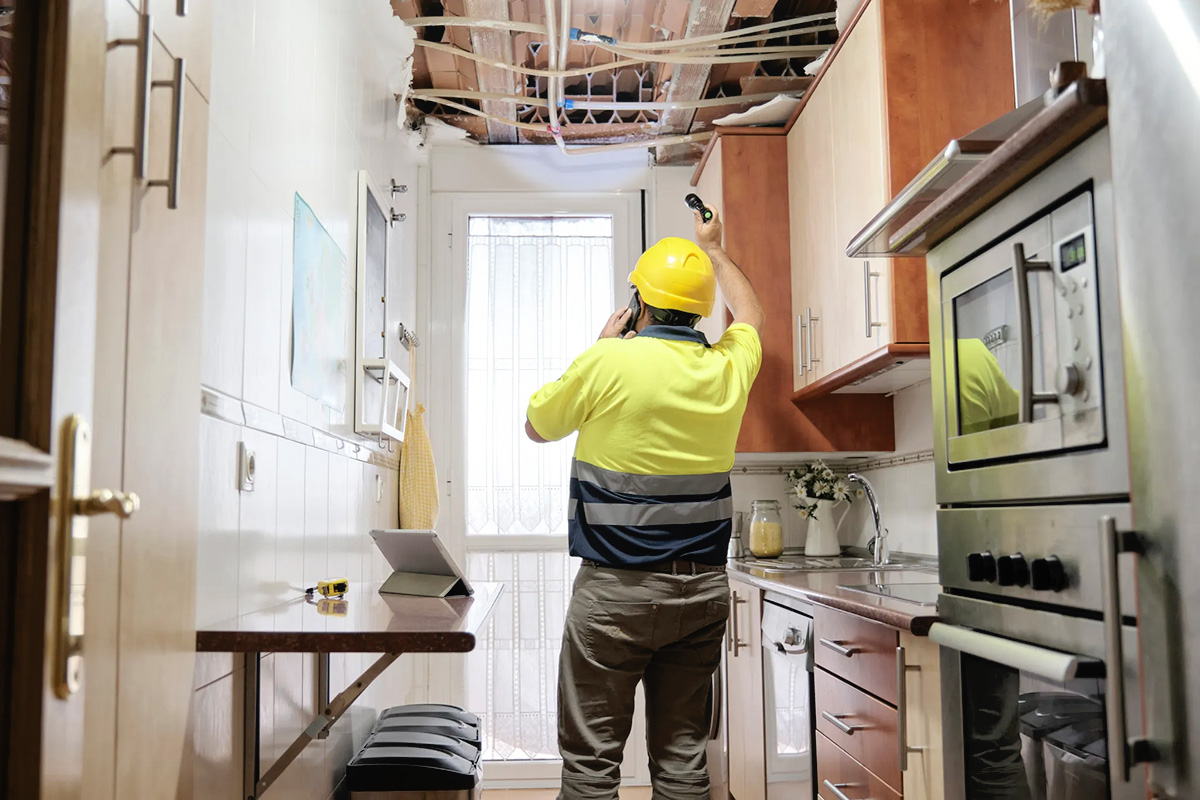
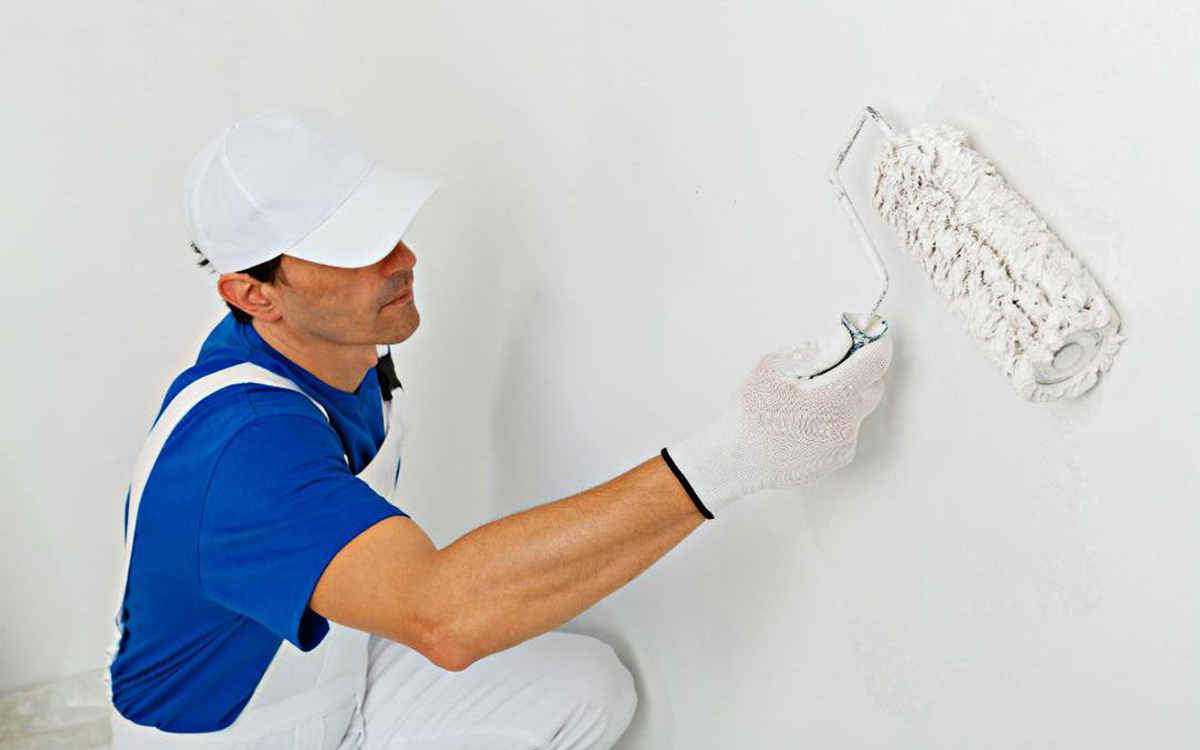
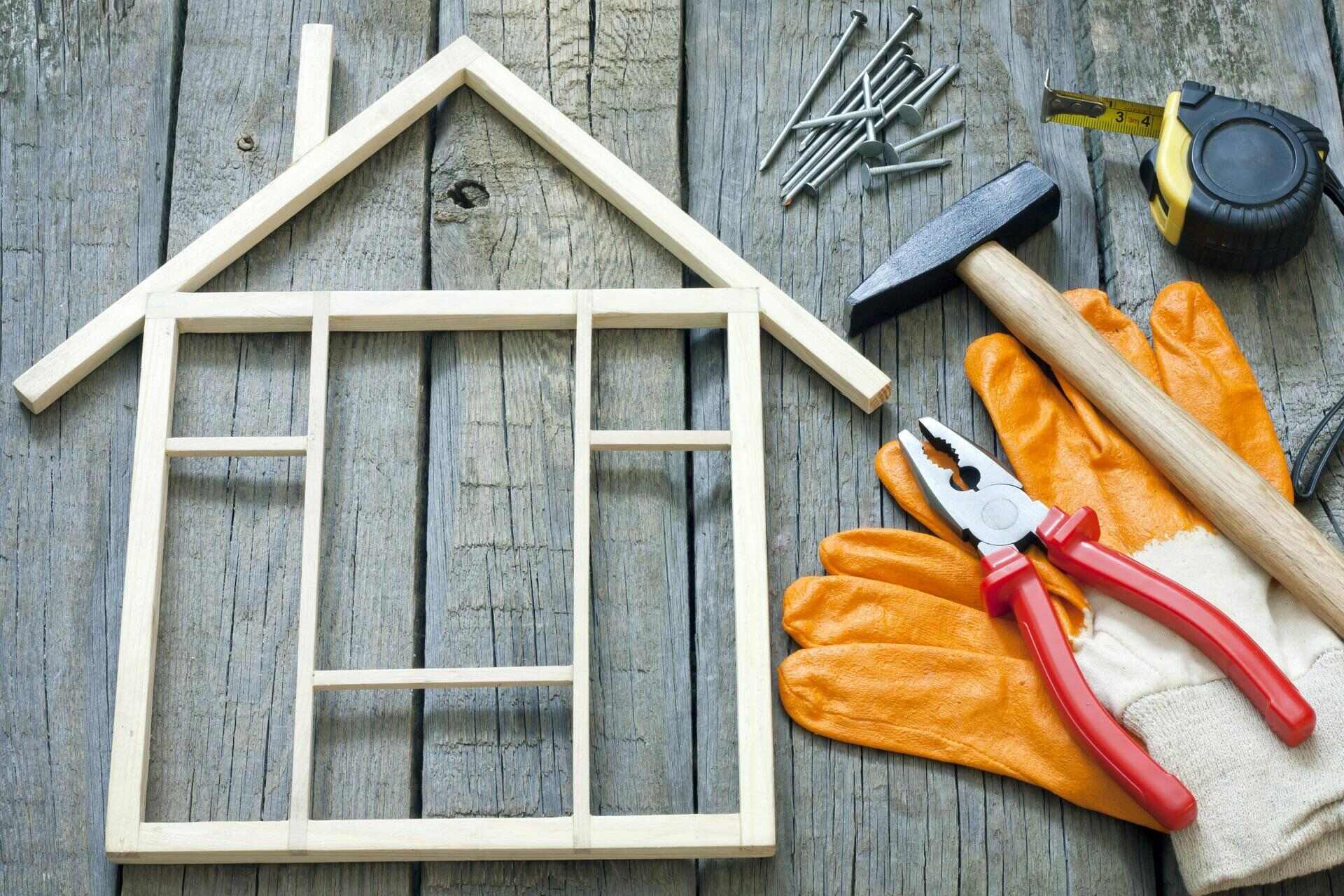
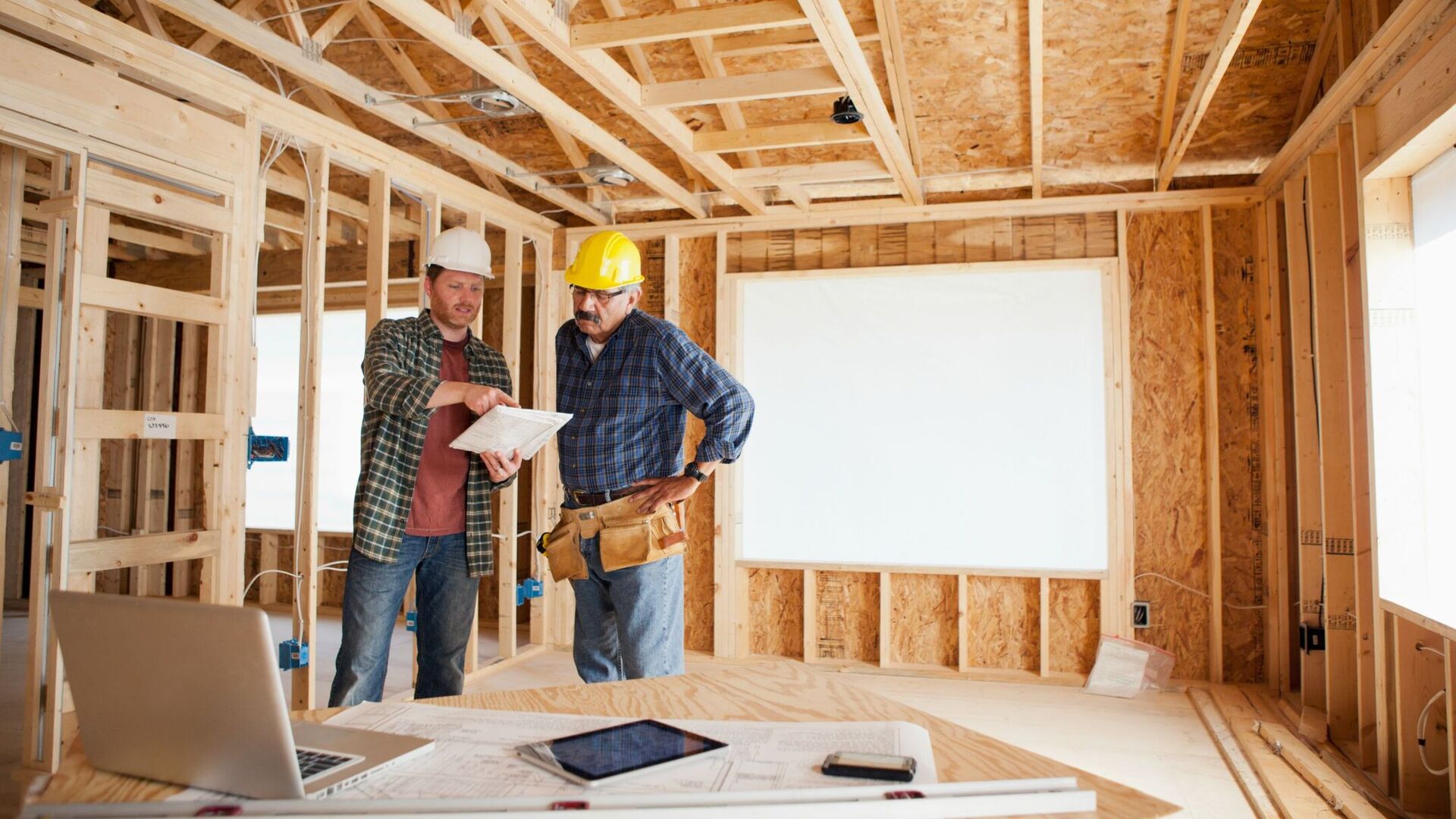
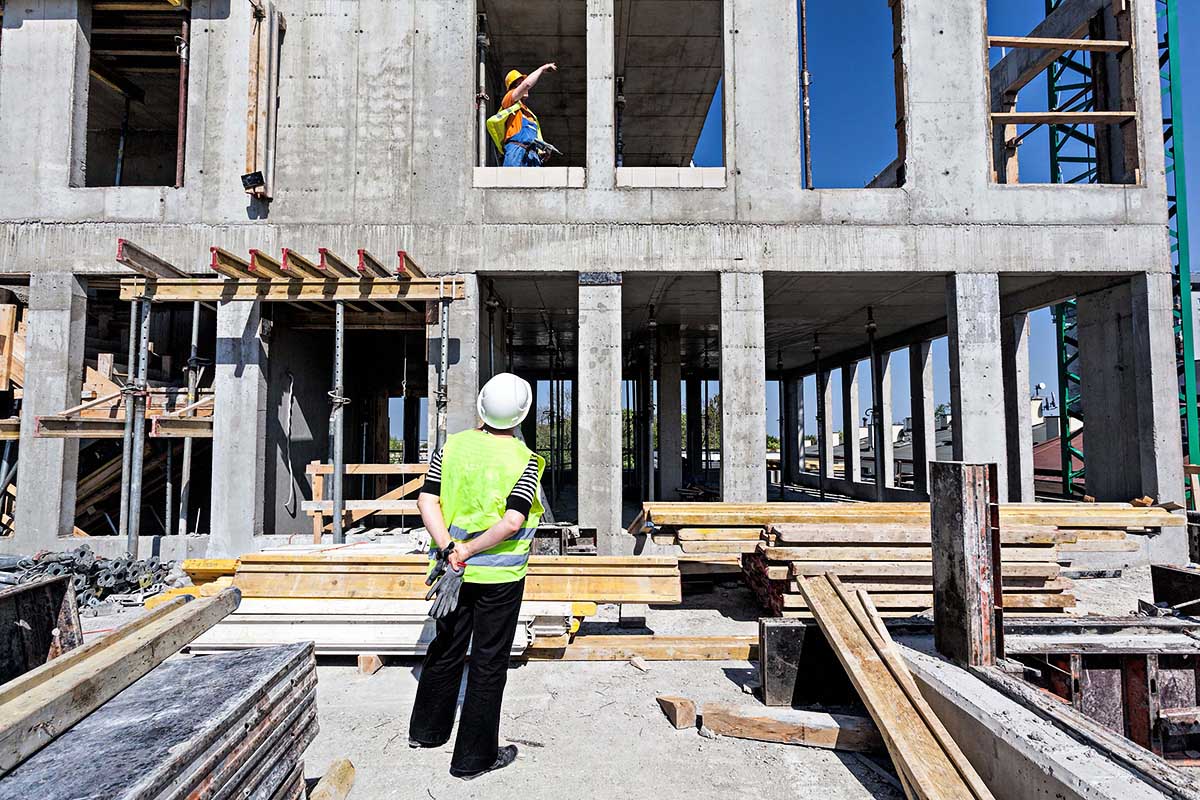
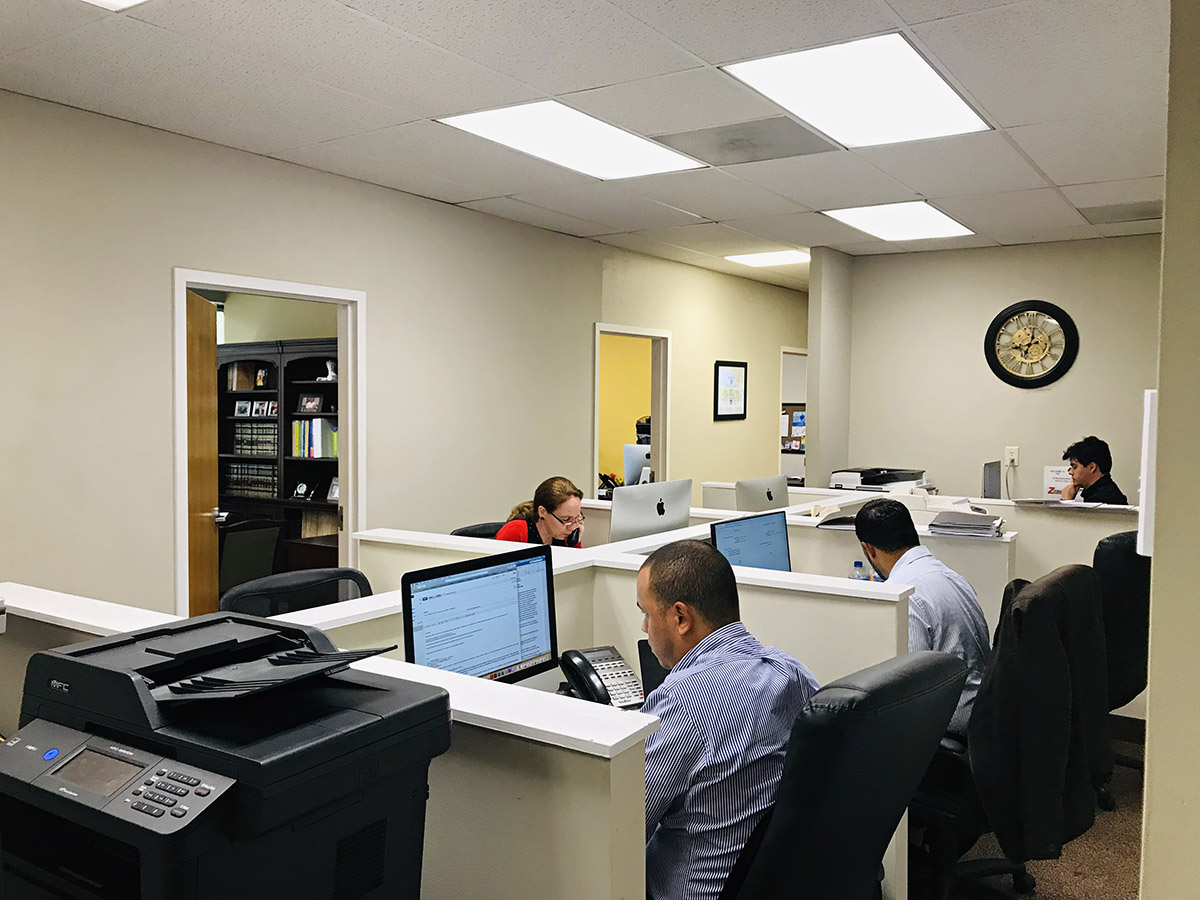




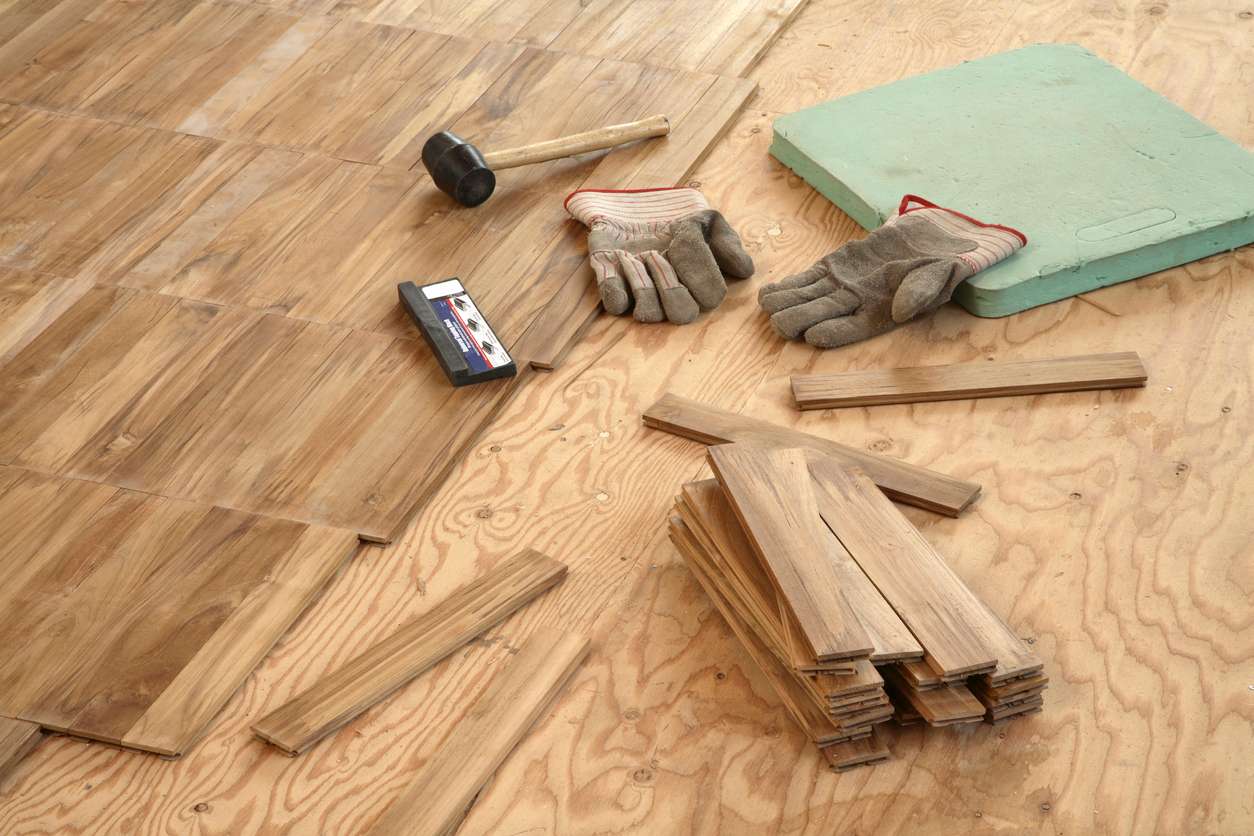
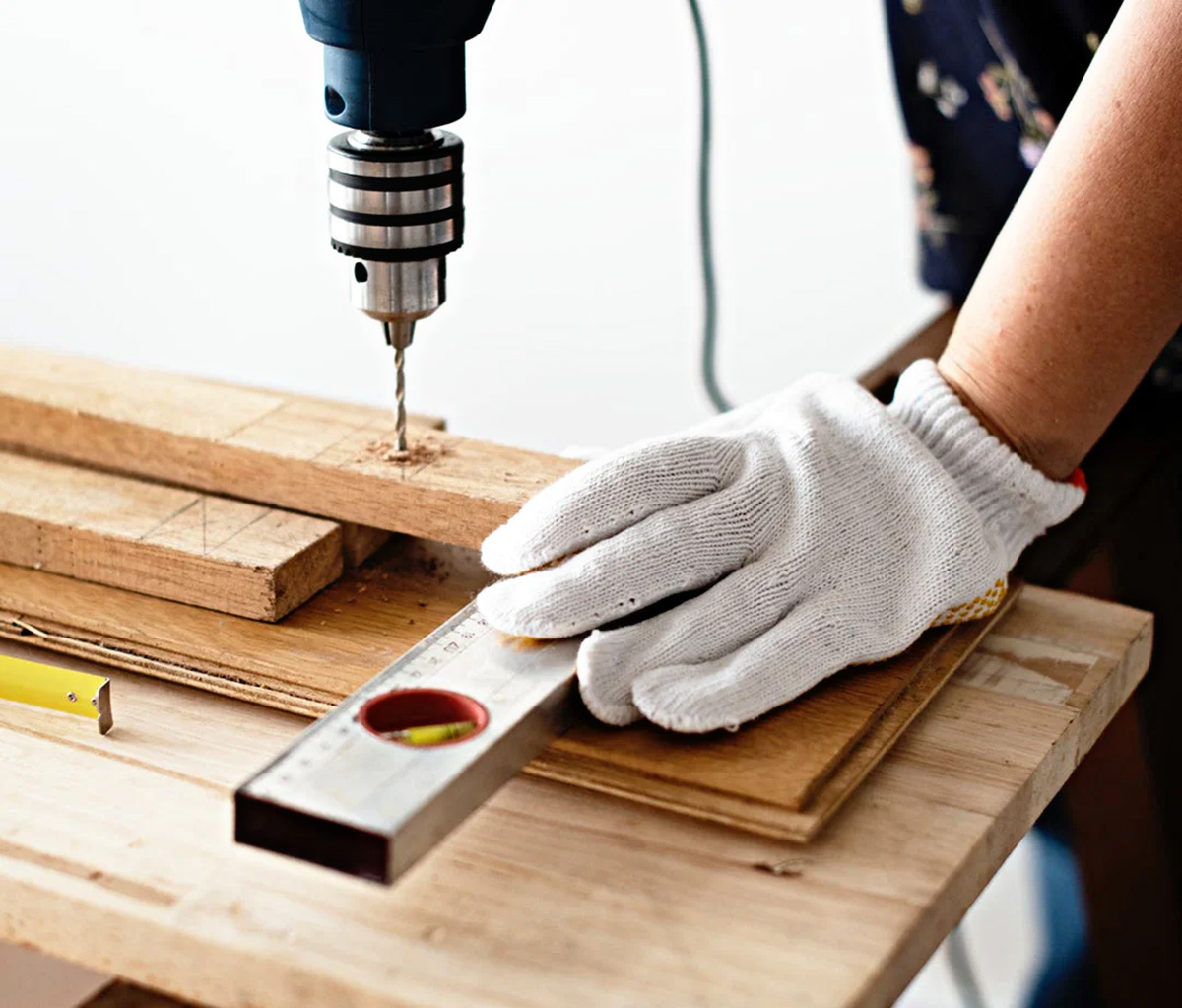



0 thoughts on “Home Improvement Contractor License: What You Can Do”